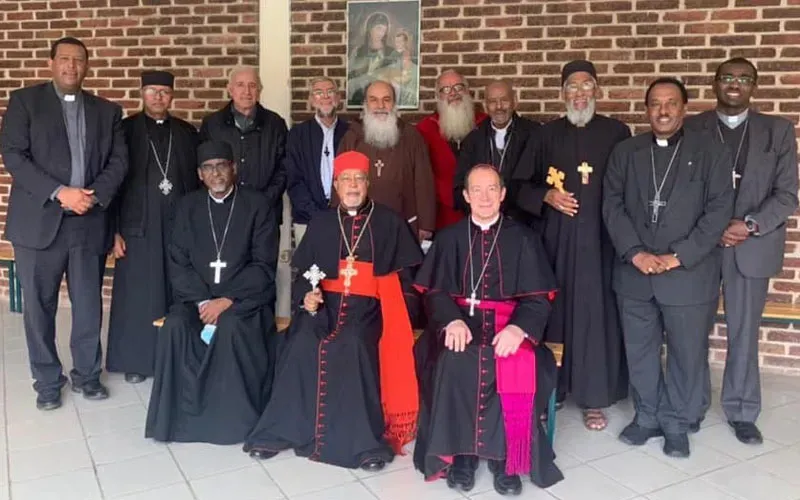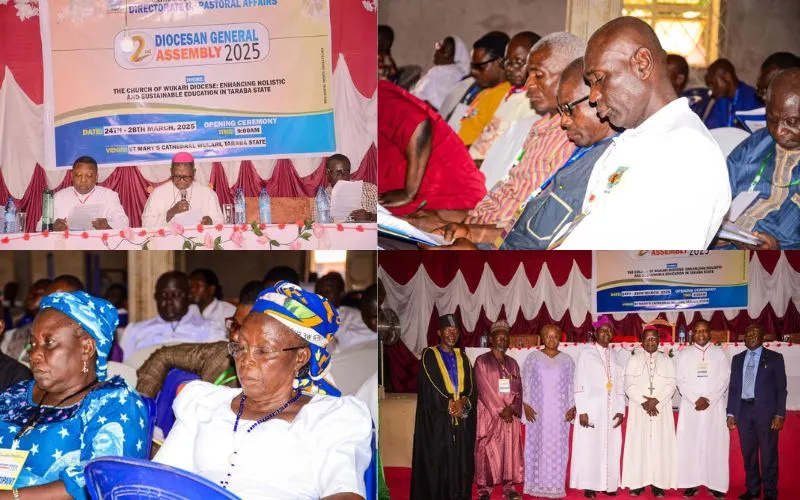Addis Ababa, 19 December, 2022 / 9:28 pm (ACI Africa).
Weeks after the peace deal between the Ethiopian government and the Tigray People’s Liberation Front (TPLF) was signed, the Bishop of the Eparchy of Adigrat has expressed concern about the continuing lack of basic needs in the Northern region of the country, including food, shelter, and medicine.
In a report by the Information service of Propaganda Fide, Agenzia Fides, Bishop Tesfaselassie Medhin made reference to the November 2 agreement between TPLF and the Ethiopian government to a cease fire in the Tigray region, saying that internally displaced persons (IDPs) continue streaming into the Ethiopian Eparchy, which covers the Tigray region.
“More than a month has passed since the agreement, but the sick continue without medicine, those who are hungry, do not have food, as well as all those who do not have shelter, continue to live in the same conditions," Bishop Medhin says in the report published December 17.
The Ethiopian Catholic Bishop says that while it is “commendable that some humanitarian assistance arrives … it is far from what is expected to reach the millions of people in need.”
The Local Ordinary of Adigrat says the situation in Tigray “can only be resolved when the roads are reopened, when the occupying armies, whether from Eritrea or the Amara region, leave the places and the displaced can return to their places of origin.”








